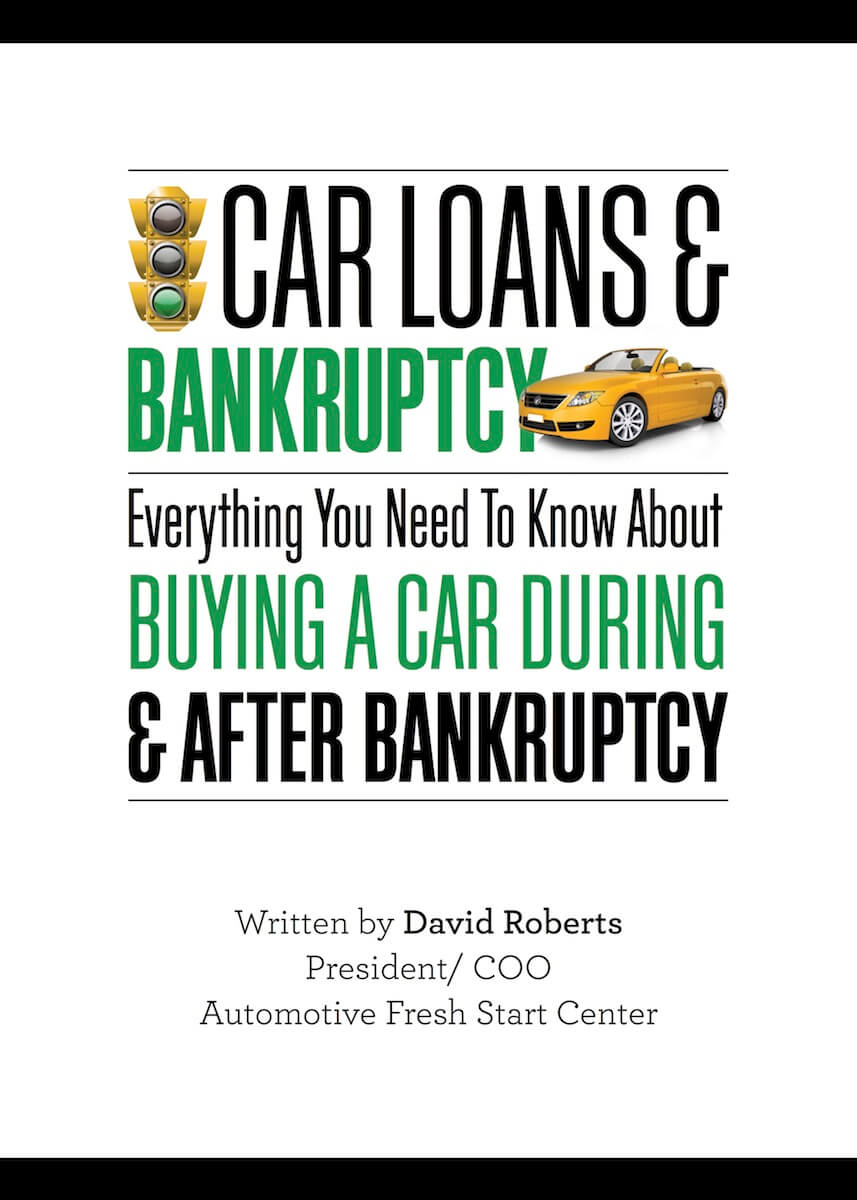THE RUSH TO CLAIM A MORTGAGE DEFICIENCY IN FLORIDA BEFORE JULY 1, 2014
A recent new client to our office highlighted a potential wave of new mortgage deficiencies that may be filed over the next few weeks.
This potential client had had a home foreclosed in September of 2009. No action had been taken by the mortgage company in the foreclosure case for nearly five (5) years since the foreclosure sale. Instead, what she brought in was a new suit by a debt buyer which was attempting to obtain a deficiency against her.
A quick research of the Florida Statutes found the reason for the action. When the Florida Legislature changed the mortgage deficiency statute of limitations in 2013, it gave old foreclosure cases up to 5 years from the date of the sale or until July 1, 2014, whichever came first, to collect deficiency judgments. See Florida Statutes, § 95.11 (2013).
If you are being sued by a debt collector for a deficiency related to a long foreclosed home, contact our office for advice on how to handle this situation. You may have valid legal defenses and/or claims related to the collection of such claims.
At Mickler & Mickler, we attend Court on a regular basis. We have the experience and knowledge to ensure that you receive the correct advice when confronted with difficult financial decisions related to filing bankruptcy. Contact us at 904.725.0822 orbkmickler@planlaw.com.
Bryan K. Mickler
